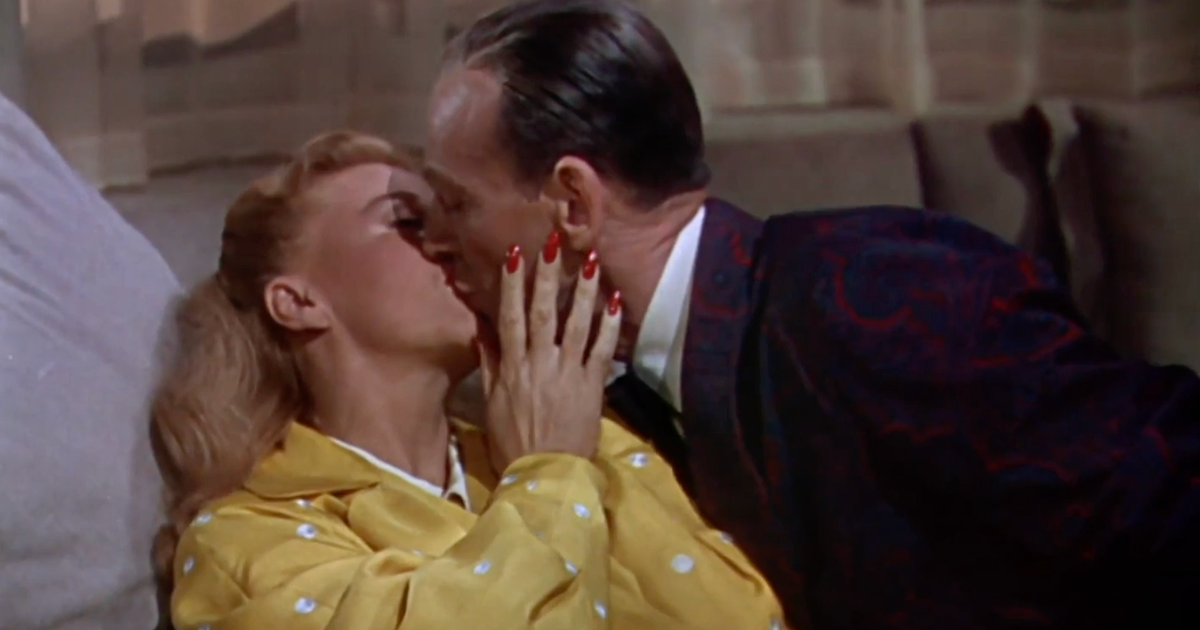Why some young workers are leaving their office jobs to work on farms: "This is how I want my life to go"
James Marriott leaves for work before sunrise. His commute starts on Boston's crowded streets and ends at Drumlin Farm.
With degrees in neuroscience and global health, the 24-year-old has recently taken a new job in farming. It's a much different skill set, far from the lab of a biotech company where he used to work developing vaccines.
"This was, you know, a very intentional decision, not something like I was 'I don't know what to do, let me just go work on a farm.' This is how I want my life to go," Marriott told CBS News' Janet Shamlian.
He is not alone. Sean Moriarty left his job as a copywriter to harvest crops, and physical therapist Cat Steckbeck traded days inside a hospital for bucolic, green acres.
Almost all of these 20-somethings not just jobs but in many cases quit careers as the COVID pandemic took hold.
"It was a, believe it or not, a very stressful time. For me, it was just not the right setting and I think COVID certainly sped up the feelings of burnout," Steckbeck said.
Crops manager Matt Celona said he's not surprised by the applicants now looking for work on the farm.
"Makes sense to me. They've tried a job, they don't like it. They want to try something else. They have an interest in the environment," Celona said.
What's happening on the Massachusetts farm is part of a seismic shift. A July study found nearly a third of U.S. workers under 40 considered changing careers during the pandemic.
"We all kind of felt like we're cogs in the wheel of this larger system that we didn't really want to be a part of. And this was kind of our way of taking agency back over our lives and just being like, 'this is what we want to be doing' rather than doing something that we felt we had to be doing," Marriott said.
But there's a trade-off. Beyond calloused hands and sore backs, the job comes with a pay cut. Steckbeck said her income dropped by a little more than half.
"It's been a life adjustment and I mean, it's certainly reevaluating what I choose to spend my money on," Steckbeck said.
Steckbeck said she is not sure if the career move is permanent but says the pandemic helped her recognize the fragility of life and spending time doing what makes her happy.
"I kind of thought it might just be a break and maybe it is and maybe it's not. It feels like a shake of the snow globe, I guess. So it's little flurries everywhere right now, but good things," said Steckbeck.
Moriarty can see a future in farming saying the work is meaningful to him. Marriott is pursuing a masters in epidemiology.
"I don't see myself doing this forever but I will always kind of keep farming with me in some kind of way," Marriott said.



